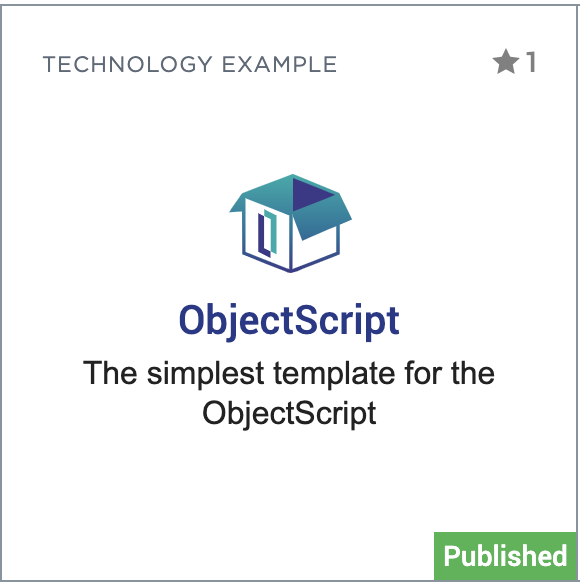I'm scraping my way through some code that's been around for a while, and came across the use of $ZTRAP and (dear GOD) GOTO for trapping and handling errors.
In an effort to "modernize" it and make it, I don't know, less M-ish (sorry old-timers!), I'm replacing it with Try/Catch blocks.
Some questions:
- Is this a dumb idea?
- Anything I should look out for?
- Did I hurt anyone's feelings?
And if the answer to number 3 is Yes, my deepest apologies ... I love you guys! 🤩


.png)
.png)
